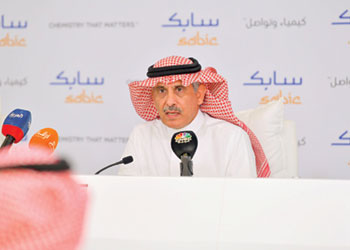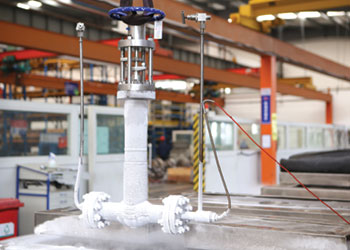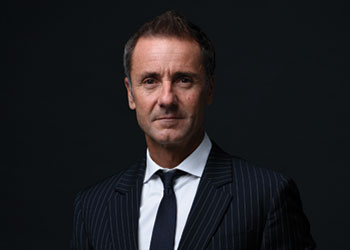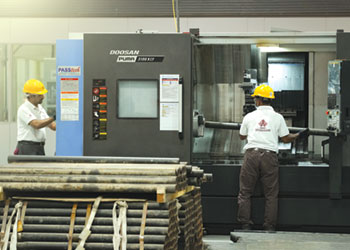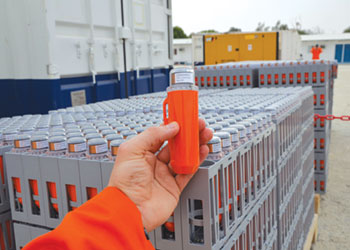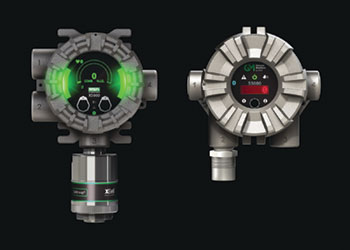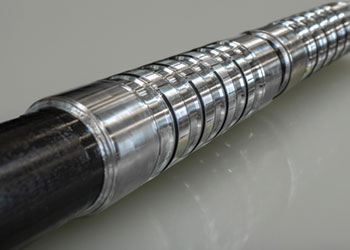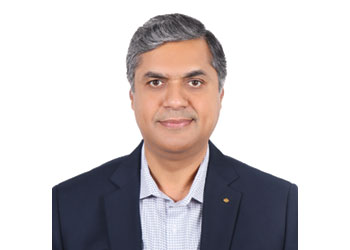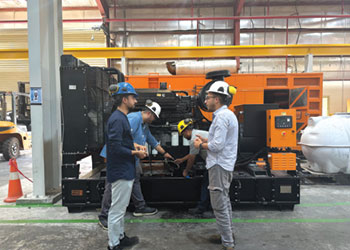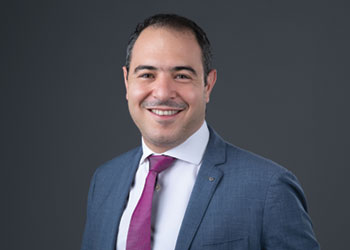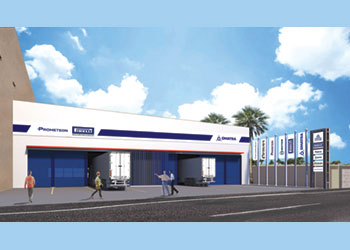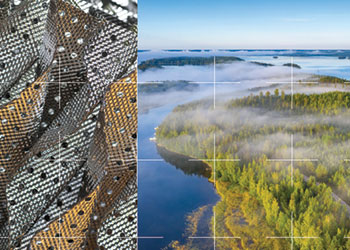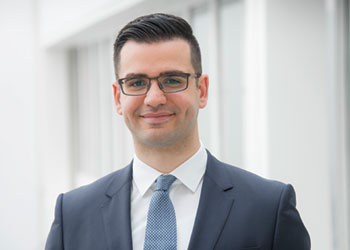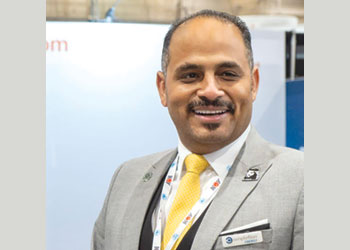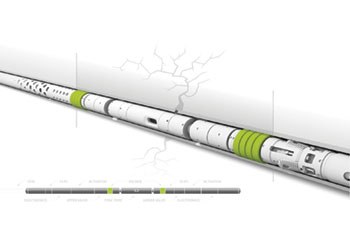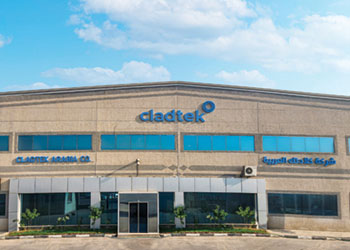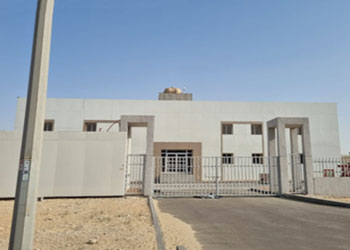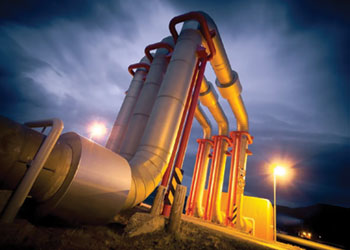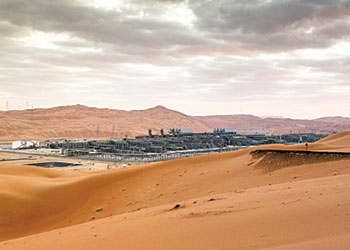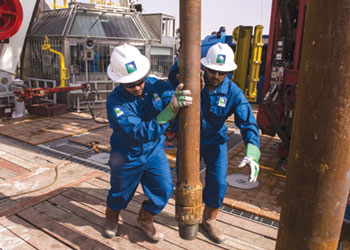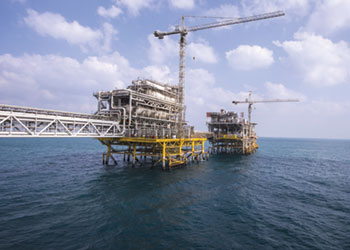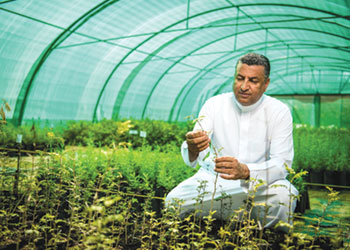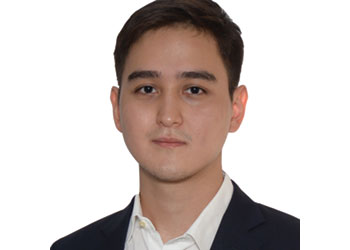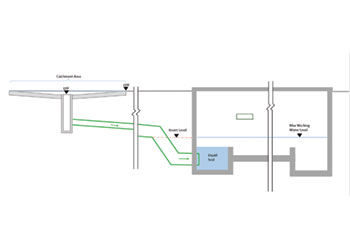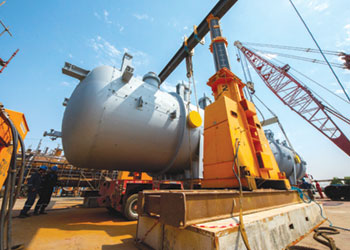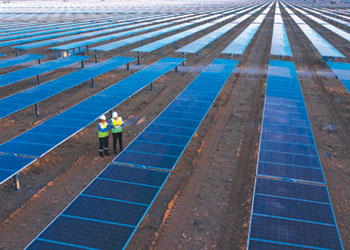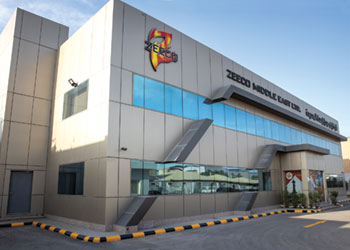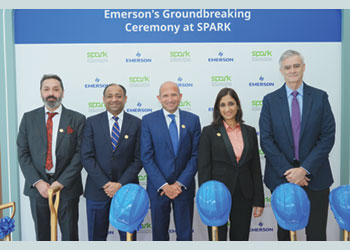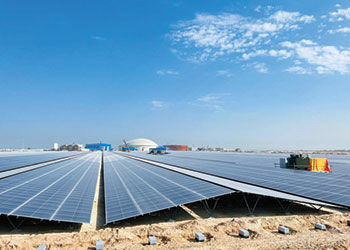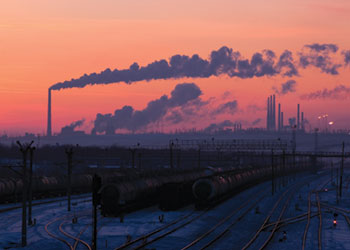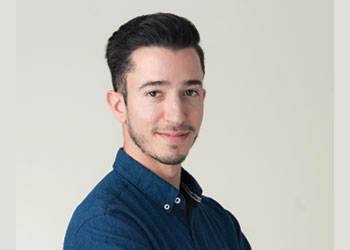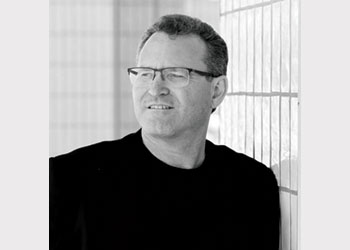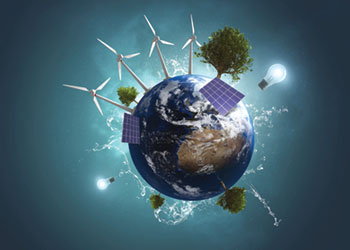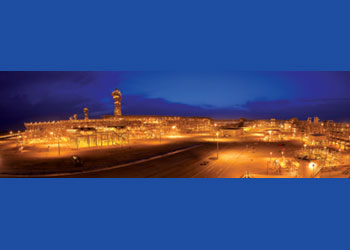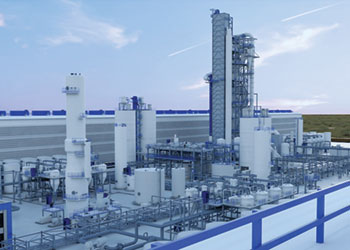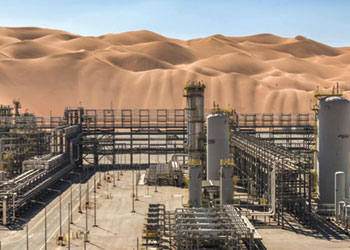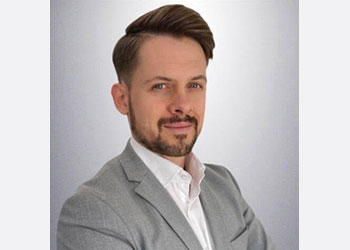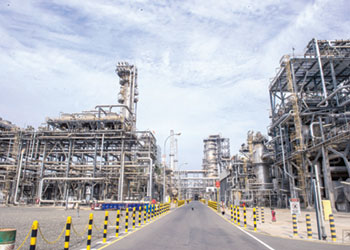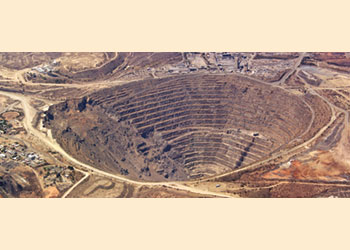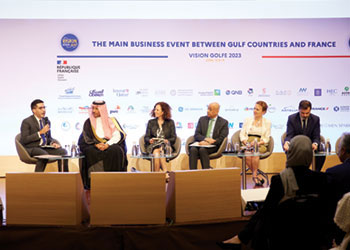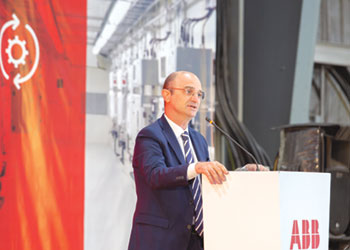
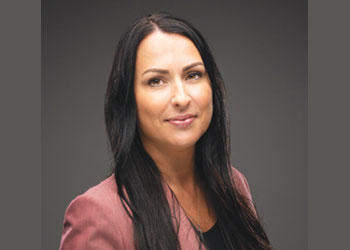 Hart ... sustainability focus
Hart ... sustainability focus
The company’s expertise in this field has been integral in ensuring the most effective chemistries are applied or new solutions are developed that address technical challenges, Susan Hart of ChampionX tells OGN
With sustainability being at the core of ChampionX’s activities, the company says it’s committed to helping customers in the oil and gas industry reduce emissions and deliver innovation through technologies.
The company has a viable solutions for the industry including enhanced oil recovery methods and chemical technologies that improve the biodegradation.
In an exclusive interview, Susan Hart, General Manager – Chemical Technologies Middle East and Africa at ChampionX, tells OGN energy magazine how the company supports localisation and is striving to increase local manufacturing.
What is ChampionX’s background in the Middle East and Africa, and where do you see growth?
 |
ChampionX supports and enables localisation and nationalisation |
ChampionX is a global leader in chemistry solutions and highly engineered equipment and technologies that help companies drill for and produce oil and gas safely and efficiently around the world.
We have had a presence in the Middle East and Africa for more than 30 years, and much of our focus in that time has been on working with countries across those regions to support their long-term, sustainable growth in the oil and gas industry.
Today’s producers need chemical solutions and technologies that improve oil recovery and increase production levels of hard-to-treat crude oil and gas.
Our expertise in this field has been integral in ensuring the most effective chemistries are applied or new solutions are developed that address these technical challenges.
Growth in our core markets across the Middle East and Africa remains a priority, and we will continue to actively pursue opportunities for expansion.
Using the expertise and capabilities we have developed over the past three decades, we are focused on continuing to bring innovative products, applications, and service models to the region, both through our people and our digitalisation efforts.
There has been significant investment from the GCC countries in recent years to support operators as they seek to maximise production on existing wells and develop conventional and unconventional fields.
This shows no signs of slowing down, and our chemistries are well placed to drive greater hydrocarbon recovery while supporting our customers’ carbon footprint reduction goals.
Has meeting country requirements for localisation and nationalisation presented challenges?
We have always recognised and acknowledged the benefits and impact that local expertise and ingenuity have brought to our business and see this as a positive development rather than a challenge.
Supporting and enabling localisation and nationalisation has been an integral part of our growth strategy for the past three decades and will continue to be a core element of our global social responsibilities.
We will continue to work toward enhancing our current local content across all regions, particularly within the Middle East and Africa.
 |
Developing highly active chemistries to reduce manufacturing |
We currently have strong local teams and leadership in many of the countries we operate in, and our proactive localisation programs have driven this. However, this not only relates to our people but also our products.
We are also actively continuing to increase local manufacturing and blending when possible.
What trends can we expect to see in the oilfield service sector over the next few years?
The need for oil and gas will continue well into the future, which means it is likely that the Middle East and Africa will have a holistic approach to sustainability, taking many different factors into account.
The increasing focus on environmental, social and governance (ESG) issues across the region was brought to the fore at COP27 in Egypt and will likely be central to COP28 in the UAE.
This reflects and confirms the importance of sustainability and the environment across the Middle East and Africa.
ESG will remain high on ChampionX’s agenda. Our 2021 ESG report was ranked as one of the top 100 ESG reports in the world by the League of American Communication Professionals LLV (LACP) and we were recently recognised by Hart Energy’s ESG awards.
Globally, we are committed to helping our customers reduce their emissions, tracking and reducing our own operations’ emissions, developing decarbonisation technologies, and delivering sustainable innovation and digital products.
We also prioritise employee attraction, retention, and development because we understand the importance of a diverse workforce in bringing fresh perspectives to the organisation and ensuring we are adapting in an ever-changing world.
In recent years, we have seen rapid advancements in digital working, which delivers clear benefits. This trend will continue, with businesses identifying new, smarter ways of working.
This increases efficiencies while also reducing the environmental footprint through, for example, reducing the need for personnel to travel out to remote field locations as frequently.
The industry in the Middle East and Africa is committed to ensuring greater sustainability. How can ChampionX support that?
There is a clear need for the oil and gas industry to become more sustainable and ChampionX welcomes this. We have already developed many solutions that are helping customers achieve their sustainability objectives.
Our chemical technologies division has developed products that improve the biodegradation of the chemistries after application, and our combination and highly active chemistries significantly reduce manufacturing and transportation needs.
We also have an emissions monitoring division that enables customers to quantify their emissions and detect methane leaks in real time.
In the Middle East and Africa, we are experiencing sustained demand for chemistry products that improve asset integrity performance and production enhancement.
Both product groups ultimately support sustainability by extending the life of existing assets and delivering enhanced recovery without the requirement for new drilling.
By Abdulaziz Khattak







































































